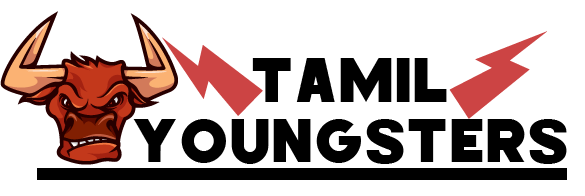ENGINEERING GRAPHICS Syllabus for semester 1 Anna University
GE2111 ENGINEERING GRAPHICS L T P C
2 3 0 5
AIM
To develop graphic skills in students.
OBJECTIVES
To develop in students graphic skill for communication of concepts, ideas and design of engineering products and expose them to existing national standards related to technical drawings.
Concepts and conventions (Not for Examination) 1
Importance of graphics in engineering applications – Use of drafting instruments – BIS conventions and specifications – Size, layout and folding of drawing sheets – Lettering and dimensioning.
UNIT I PLANE CURVES AND FREE HAND SKETCHING 15
Curves used in engineering practices:
Conics – Construction of ellipse, Parabola and hyperbola by eccentricity method – Construction of cycloid – construction of involutes of squad and circle – Drawing of tangents and normal to the above curves.
Free hand sketching:
Representation of Three Dimensional objects – General principles of orthographic projection – Need for importance of multiple views and their placement – First angle projection – layout views – Developing visualization skills through free hand sketching of multiple views from pictorial views of objects.
UNIT II PROJECTION OF POINTS, LINES AND PLANE SURFACES 14
Projection of points and straight lines located in the first quadrant – Determination of true lengths and true inclinations – Projection of polygonal surface and circular lamina inclined to both reference planes.
UNIT III PROJECTION OF SOLIDS 15
Projection of simple solids like prisms, pyramids, cylinder and cone when the axis is inclined to one reference plane by change of position method.
UNIT IV SECTION OF SOLIDS AND DEVELOPMENT OF SURFACES 15
Sectioning of above solids in simple vertical position by cutting planes inclined to one reference plane and perpendicular to the other – Obtaining true shape of section.
Development of lateral surfaces of simple and truncated solids – Prisms, pyramids, cylinders and cones – Development of lateral surfaces of solids with cylindrical cutouts, perpendicular to the axis.
UNIT V ISOMETRIC AND PERSPECTIVE PROJECTIONS 15
Principles of isometric projection – isometric scale – isometric projections of simple solids, truncated prisms, pyramids, cylinders and cones.
Perspective projection of prisms, pyramids and cylinders by visual ray method.
TOTAL: 75 PERIODS
TEXT BOOKS:
th
1. N.D. Bhatt, “Engineering Drawing” Charotar Publishing House, 46
Edition, (2003).
REFERENCES:
1. K. V. Natrajan, “A text book of Engineering Graphics”, Dhanalakshmi Publishers, Chennai (2006).
2. M.S. Kumar, “Engineering Graphics”, D.D. Publications, (2007).
3. K. Venugopal & V. Prabhu Raja, “Engineering Graphics”, New Age International (P) Limited (2008).
4. M.B. Shah and B.C. Rana, “Engineering Drawing”, Pearson Education (2005).
5. K. R. Gopalakrishnana, “Engineering Drawing” (Vol.I&II), Subhas Publications
(1998).
6. Dhananjay A.Jolhe, “Engineering Drawing with an introduction to AutoCAD” Tata
McGraw Hill Publishing Company Limited (2008).
7. Basant Agarwal and Agarwal C.M., “Engineering Drawing”, Tata McGraw Hill
Publishing Company Limited, New Delhi, (2008).
Publication of Bureau of Indian Standards:
1. IS 10711 – 2001: Technical products Documentation – Size and lay out of drawing sheets.
2. IS 9609 (Parts 0 & 1) – 2001: Technical products Documentation – Lettering.
3. IS 10714 (Part 20) – 2001 & SP 46 – 2003: Lines for technical drawings.
4. IS 11669 – 1986 & SP 46 – 2003: Dimensioning of Technical Drawings.
5. IS 15021 (Parts 1 to 4) – 2001: Technical drawings – Projection Methods.
Special points applicable to University Examinations on Engineering Graphics:
1. There will be five questions, each of either or type covering all units of the syllabus.
2. All questions will carry equal marks of 20 each making a total of 100.
3. The answer paper shall consist of drawing sheets of A3 size only. The students will be permitted to use appropriate scale to fit solution within A3 size.
4. Whenever the total number of candidates in a college exceeds 150, the University
Examination in that college will be conducted in two sessions (FN and AN on the same day) for 50 percent of student (approx) at a time.
